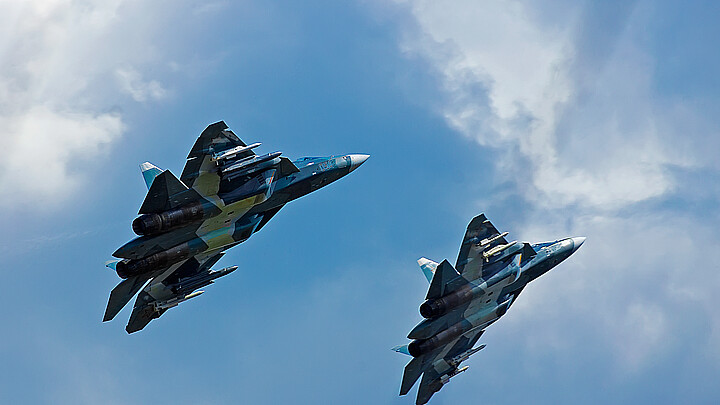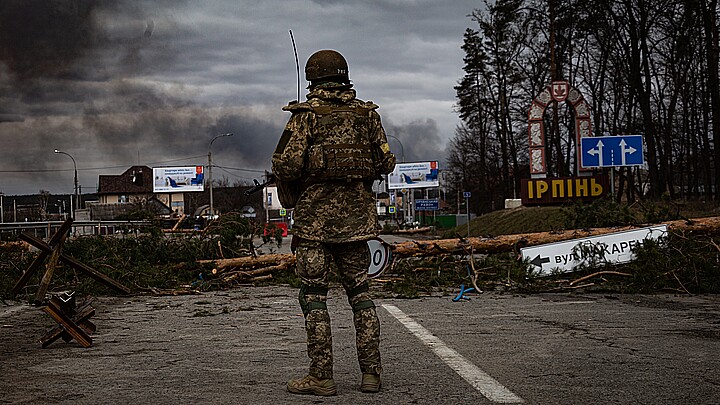Politics
Russian PM says country facing 'most difficult' situation in decades
"Such sanctions were not used even in the darkest times of the Cold War"
April 7, 2022 11:12am
Updated: April 7, 2022 2:50pm
Russian Prime Minister Mikhail Mishustin said on Thursday that Russia is facing its “most difficult” situation in three decades due to unprecedented Western sanctions, but warned that attempts to isolate Moscow from the global economy will ultimately fail.
"No doubt, the current situation could be called the most difficult in three decades for Russia," Mishustin told the Duma, or lower house of parliament. "Such sanctions were not used even in the darkest times of the Cold War."
After the Kremlin launched the illegal invasion of Ukraine, Western governments have rallied behind increasingly taxing economic sanctions meant to force Russia to end its “special military operation” and withdraw its forces from the territory of its southern neighbor.
Although Russia announced that it would “drastically reduce” its military operations in Ukraine last month, Western officials have warned that Russia is preparing to launch a full-blown attack on Ukraine’s Donbas region.
So far, sanctions have cut Russia off from the global financial network and blocked banks from the international SWIFT banking messaging system. Traders have also started to refuse oil cargoes, adding a further blow to Moscow’s wavering finances.
The sanctions, it seems, are already working.
Before the punitive measures against Moscow were announced, the Russian government was expecting to run a budget surplus of $17 billion dollars in 2022 (approximately 1% of GDP) – but Mishustin said on Thursday that Russia would spend this year’s earnings on state aid. So far, the government has pledged nearly $13 billion in anti-crisis support to families, businesses and state-aid for Russian Railways.
Russia, for its part, has announced retaliatory measures against the West, which includes a threat that it could cut off energy flows to Europe if payments aren’t made in rubles. Furthermore, the Kremlin introduced capital controls -- which make it nearly impossible for foreign investors to sell their industrial and financial assets should they decide to leave Russia – and has even considered nationalizing Western firms.
"If you have to leave, production should continue working as it provides jobs. Our citizens work there," Mishustin said.
But as some companies begin to transfer their holdings to Russian companies as they depart, the prime minister said the situation could serve to offer new business opportunities.
"Our financial system, the lifeblood of the entire economy, has held up," Mishustin said. "The stock market and the rouble are stabilising. I doubt that any other country would have withstood this. We did."








